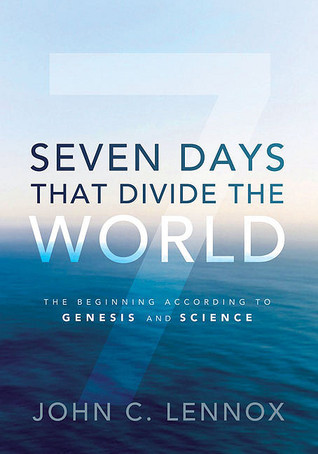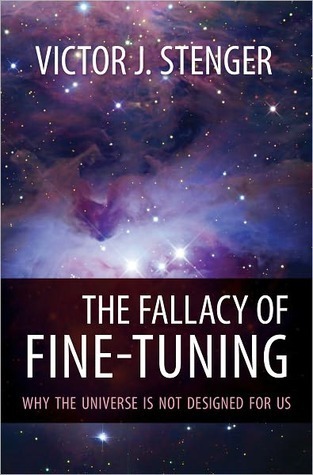
God and Stephen Hawking: Whose design is it anyway?
Book Description
A cosmic clash unfolds between faith and science in *God and Stephen Hawking: Whose Design Is It Anyway?* John C. Lennox delves into the profound questions that have captivated humanity: Can the universe be understood through mathematics and physics alone, or do we need a higher power to explain its intricate design? With Stephen Hawking’s bold assertions challenging the existence of God, Lennox counters with compelling arguments that invite readers to explore the intersection of belief and reason. As the stars twinkle with mystery, whose vision will ultimately prevail in the search for truth?
Quick Book Summary
"God and Stephen Hawking: Whose Design is it Anyway?" by John C. Lennox critically engages with Stephen Hawking’s claims about the origins of the universe and the role of God in creation. Lennox refutes Hawking’s assertion that science alone, specifically the laws of physics like gravity, can account for the universe’s existence without recourse to a divine creator. Drawing on philosophy, theology, and scientific reasoning, Lennox contends that belief in God and acceptance of scientific progress are not mutually exclusive. He challenges the idea that “nothing” can produce “something,” and scrutinizes the logical and metaphysical assumptions underlying Hawking’s arguments. Ultimately, Lennox posits that science and faith address different but complementary aspects of reality, advocating for a more nuanced view that welcomes both rigorous scientific inquiry and spiritual belief.
Summary of Key Ideas
Table of Contents
The Limits of Scientific Explanation
Lennox begins by critically examining Stephen Hawking’s high-profile claims, especially those in "The Grand Design," that the universe can come into being from nothing due to the laws of physics. Lennox argues that such claims confuse physical laws with actual creative agencies. He points out that laws, such as gravity, describe what happens under certain conditions but do not, in themselves, cause anything to occur. This distinction is vital, as it guards against conflating the descriptive nature of scientific laws with ontological explanations for why the universe exists at all.
Philosophical Assumptions in Science
One of the book’s central themes is the limit of what science can adequately explain. Lennox underscores that science is exceptionally powerful in describing the processes that govern the universe, but it cannot address ultimate questions of purpose or origin beyond empirical observation. To claim that physics can dispense entirely with God, he argues, assumes a philosophical materialism that itself cannot be demonstrated scientifically. Lennox illustrates that behind every scientific explanation lies a set of metaphysical assumptions that science cannot validate or invalidate.
The Role of God in Cosmology
Another critical point is the differentiation between "Nothing" in scientific terms and nothingness in philosophical terms. Lennox shows that when Hawking and others speak of the universe arising from "nothing," they actually refer to quantum vacuums or fluctuation fields, which are far from true void. The philosophical nothing is the absence of everything, including laws of nature and mathematical structures. Lennox maintains that true creation out of nothing is only coherent if posited by a transcendent cause—namely God.
The Compatibility of Faith and Reason
Lennox also addresses the perceived conflict between faith and reason. He argues that historically, the birth of modern science was itself grounded in monotheistic beliefs that the universe is ordered and intelligible. Far from being opposed, faith and reason can be mutually reinforcing, with science exploring the mechanisms of the physical world and faith seeking answers to questions about why anything exists at all, or what gives meaning to existence.
The book concludes with a call for intellectual humility and openness. Lennox urges readers not to accept artificially fabricated barriers between science and faith. He encourages a worldview that respects both the power of scientific understanding and the enduring relevance of philosophical and theological insights. In the cosmic quest for truth, Lennox maintains that both science and spiritual belief have essential roles to play in answering humanity’s deepest questions.
Download This Summary
Get a free PDF of this summary instantly — no email required.





